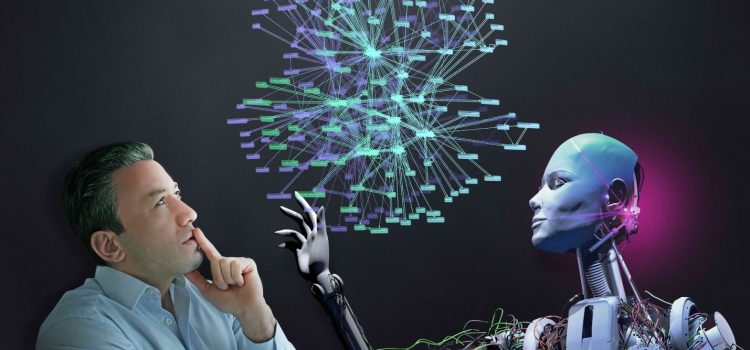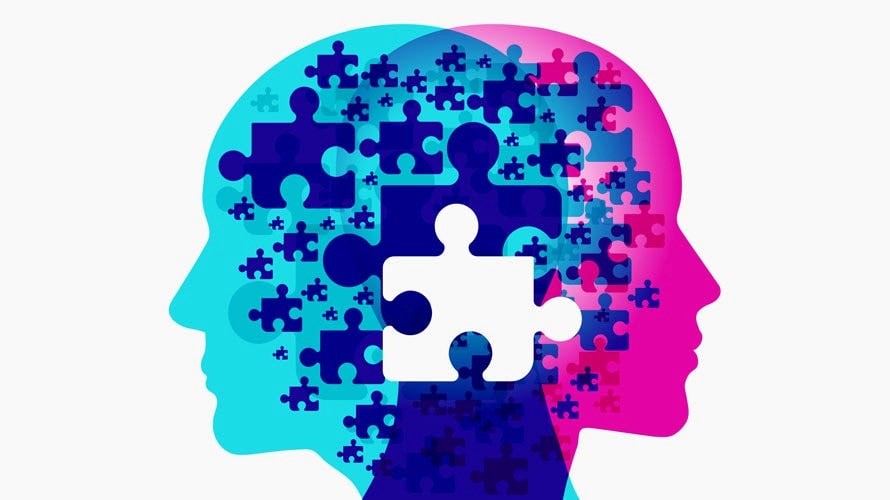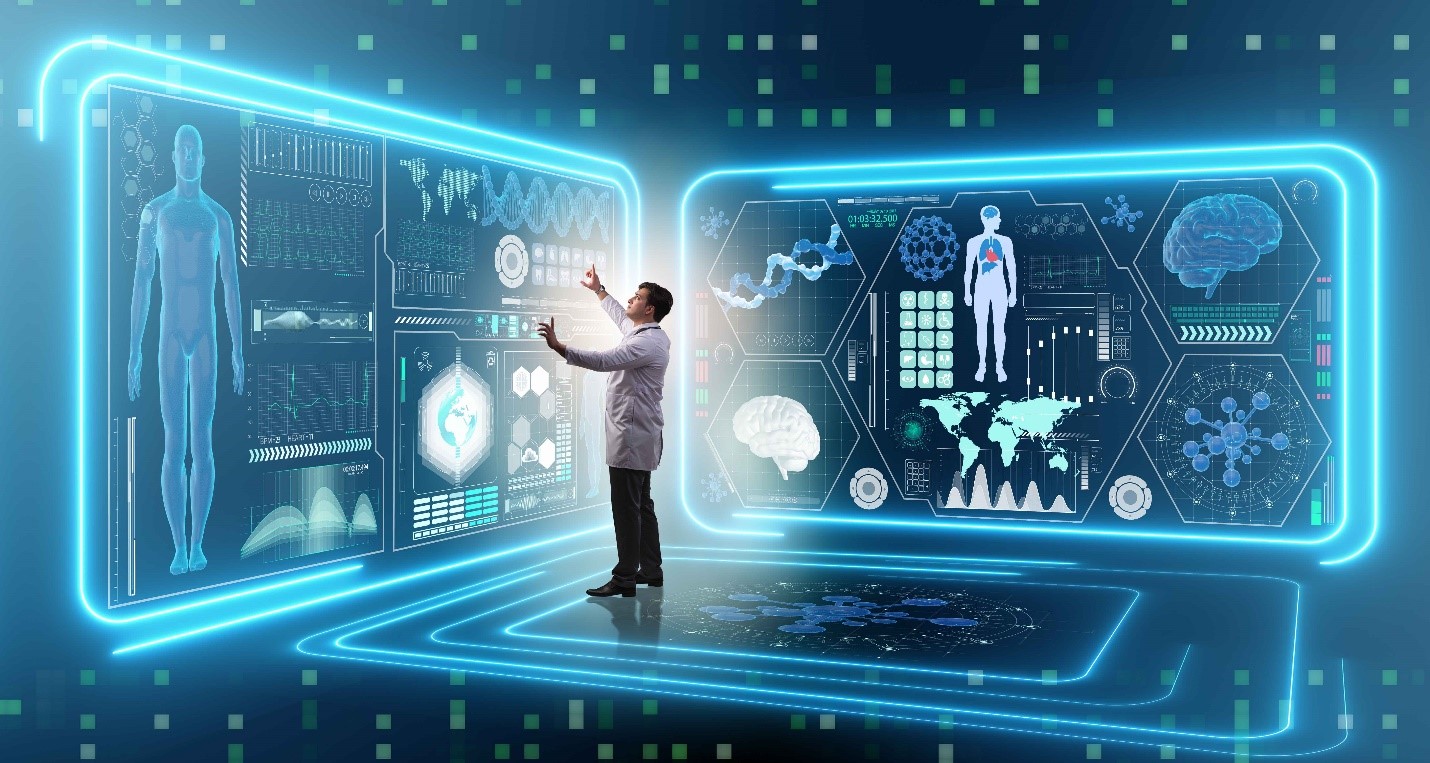
In the ever-evolving landscape of health and wellness, personalized nutrition has emerged as a vital aspect of achieving optimal health outcomes. The concept revolves around tailoring dietary recommendations to an individual’s unique genetic makeup, lifestyle, and health conditions. While traditional methods of devising personalized nutrition plans have relied heavily on general dietary guidelines and manual assessments, the advent of Artificial Intelligence (AI) has revolutionized this field. AI Personalized Nutrition is now at the forefront of creating highly customized and effective dietary plans that cater to individual needs with unprecedented precision.
Understanding Personalized Nutrition
Personalized nutrition takes into account the fact that each person metabolizes nutrients differently. Factors such as age, gender, genetic predispositions, microbiome composition, and even cultural dietary preferences play a crucial role in how our bodies respond to various foods. Traditional dietary guidelines often fall short because they are designed for the “average” person, ignoring the vast inter-individual variability.
The Role of AI in Personalized Nutrition
AI offers a transformative approach to personalized nutrition by leveraging vast amounts of data and sophisticated algorithms to deliver highly specific dietary recommendations. Here are some of the key ways in which AI is transforming this field:
1. Data Collection and Analysis
One of the most significant advantages of AI is its ability to collect and analyze massive datasets. Wearable devices, mobile apps, and other digital health tools can continuously monitor various health metrics such as physical activity, sleep patterns, and food intake. AI algorithms can then analyze this data to identify patterns and correlations that would be impossible for humans to discern. This enables a more comprehensive understanding of an individual’s nutritional needs.
2. Genetic Profiling
AI can analyze genetic data to identify specific gene variants that influence how an individual metabolizes different nutrients. For example, some people may have a genetic predisposition to metabolize fats more efficiently, while others may be more prone to insulin resistance. By incorporating genetic information, AI can provide more accurate and personalized dietary recommendations.
3. Microbiome Analysis
The gut microbiome plays a crucial role in digestion and overall health. AI can analyze microbiome data to understand how different bacterial communities in the gut interact with various foods. This information can be used to recommend dietary changes that promote a healthy gut microbiome, thereby improving digestion and overall health.
4. Real-Time Feedback
AI-powered nutrition apps can provide real-time feedback and recommendations based on an individual’s current health metrics and dietary intake. For example, if a person logs a meal that is high in sugar, the app can immediately suggest healthier alternatives or adjustments to subsequent meals to balance nutrient intake.
5. Predictive Analytics
AI can use predictive analytics to forecast long-term health outcomes based on current dietary habits and health metrics. This can help individuals make more informed decisions about their diet and lifestyle, potentially preventing chronic diseases such as diabetes, heart disease, and obesity.

Benefits of AI Personalized Nutrition
The integration of AI in personalized nutrition offers numerous benefits:
1. Precision
AI algorithms can analyze a wide range of data points to provide highly specific dietary recommendations. This level of precision is difficult to achieve through traditional methods.
2. Efficiency
AI can process and analyze data much faster than humans, enabling quicker and more efficient development of personalized nutrition plans.
3. Adaptability
AI systems can continuously learn and adapt based on new data, ensuring that dietary recommendations remain relevant and effective over time.
4. Scalability
AI can provide personalized nutrition advice to a large number of people simultaneously, making it a scalable solution for public health initiatives.
Challenges and Ethical Considerations
While the potential of AI in personalized nutrition is immense, there are also several challenges and ethical considerations to address:
1. Data Privacy
The collection and analysis of personal health data raise significant privacy concerns. It is essential to ensure that data is securely stored and used responsibly.
2. Bias and Fairness
AI algorithms can sometimes perpetuate existing biases in the data. It is crucial to develop algorithms that are fair and unbiased, ensuring that personalized nutrition plans are equitable for all individuals.
3. Accessibility
While AI-powered nutrition tools can be highly effective, they may not be accessible to everyone due to cost or technological barriers. Efforts should be made to make these tools widely available and affordable.
4. Regulation and Oversight
The use of AI in personalized nutrition should be subject to regulatory oversight to ensure that it meets high standards of accuracy, safety, and ethical integrity.
The Future of AI Personalized Nutrition
The future of AI in personalized nutrition looks promising, with ongoing advancements in technology and data science continually enhancing the accuracy and effectiveness of dietary recommendations. Here are some potential future developments:
1. Integration with Other Health Technologies
AI personalized nutrition plans could be integrated with other health technologies, such as telemedicine platforms and electronic health records, to provide a more holistic approach to health management.
2. Enhanced Predictive Capabilities
As AI algorithms become more sophisticated, their predictive capabilities will improve, enabling even more accurate forecasts of long-term health outcomes based on current dietary habits.
3. Greater Personalization
Future AI systems may be able to incorporate an even wider range of data points, including emotional and psychological factors, to provide even more personalized and holistic dietary recommendations.
4. Global Health Impact
AI personalized nutrition has the potential to make a significant impact on global health by providing scalable and effective dietary recommendations that can help prevent chronic diseases and improve overall health outcomes.
Conclusion
AI Personalized Nutrition represents a groundbreaking advancement in the field of health and wellness. By leveraging the power of AI to analyze vast amounts of data, we can develop highly customized and effective dietary plans that cater to individual needs with unprecedented precision. While there are challenges and ethical considerations to address, the potential benefits of AI in personalized nutrition are immense. As technology continues to evolve, AI is set to play an increasingly central role in helping individuals achieve optimal health through personalized dietary recommendations.











